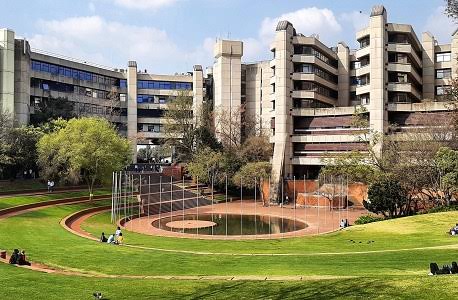Higher education in Africa is prospering, and colleges all around the area are appreciated around the world for their great teaching, cutting-edge research, and positive influence on culture. Ten of the best universities in Africa stand out for their dedication to provide students with first-rate education, doing innovative research, and encouraging intellectual development. These colleges are scattered over nations like Egypt, Kenya, South Africa, and Nigeria. In various spheres, including technology, health, engineering, and the social sciences, they provide a large spectrum of courses.
Attending these universities, which are renowned for their rigorous academic programs, world-class faculty, and active campus life, students come from all across Africa and the world. The position of these institutions is determined by several crucial criteria including their accreditation, infrastructure, and worldwide
These companies also value innovation; some have areas where new companies may launch themselves and technological and climate change research hubs. These institutions provide African students seeking a quality education with possibilities not available anyplace else. Those who wish to be part of the intellectual elite in Africa should give learning about the programs, admission policies, and scholarships available top importance. Discover now the top African schools right now. This will let one into a universe of knowledge and countless opportunities.
The Top Ten Best University In Africa
10. Kafrelsheikh University (Egypt)
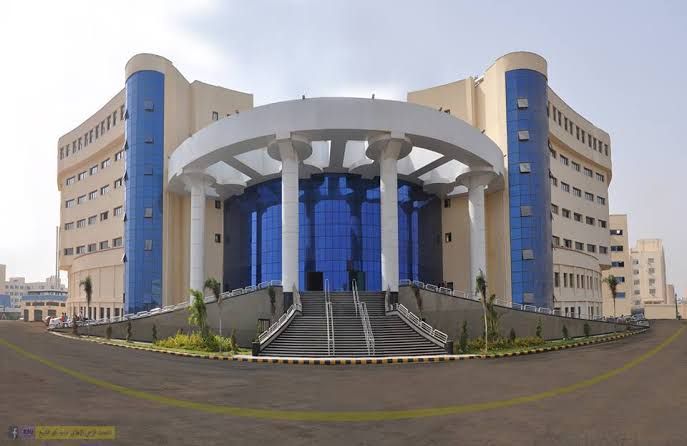
Located in the Nile Delta’s Kafr El Sheikh, Kafrelsheikh University, established in 2006, is a dynamic public institution driving educational and research excellence in Egypt. With 19 faculties, including Agriculture, Medicine, and Engineering, it serves approximately 30,000 students and 1,500 faculty members. The university is renowned for its environmentally friendly initiatives, ranking second in the Arab world on the Global Green Metric system.
Its research institutes, such as the Nano Science and Technology Institute, lead advancements in health sciences and technology. A new medical complex, featuring faculties of medicine, pharmacy, dentistry, and a 400-bed hospital, underscores its commitment to community health. Modern facilities, including state-of-the-art laboratories and a teaching hospital, support its mission to address regional challenges through innovation. Kafrelsheikh University’s focus on sustainability and research positions it as a rising star in African higher education, attracting students seeking quality education and impactful careers.
9. Future University in Egypt (Egypt)
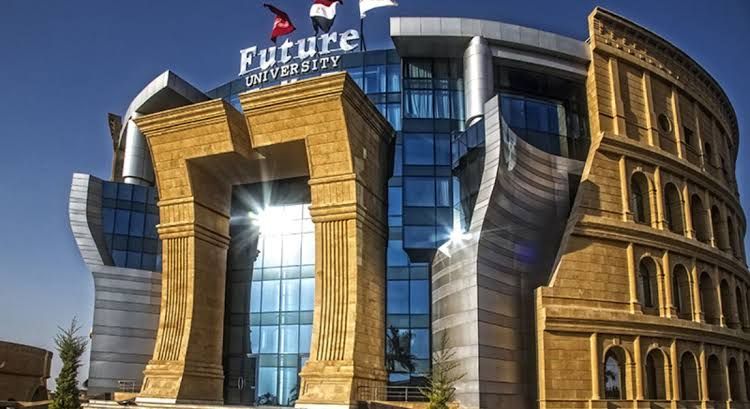
Future University in Egypt (FUE), founded in 2006, is a private institution in New Cairo, designed to alleviate overcrowding in downtown Cairo. Committed to delivering high-quality education, FUE emphasizes innovation, research, and global relevance. Its modern campus features advanced facilities, including libraries, laboratories, and sports complexes, fostering a nurturing environment for critical thinking.
Programs span Business, Engineering, Information Technology, and Health Sciences, preparing graduates for leadership roles in a competitive world.
FUE’s international partnerships and focus on practical skills ensure students are equipped for global challenges. The university’s strategic location in New Cairo, a hub for development, enhances its appeal to students seeking a vibrant academic experience. By staying attuned to national and regional educational trends, FUE solidifies its reputation as a forward-thinking institution, making it a top choice for those pursuing excellence in African higher education.
8. American University in Cairo (Egypt)
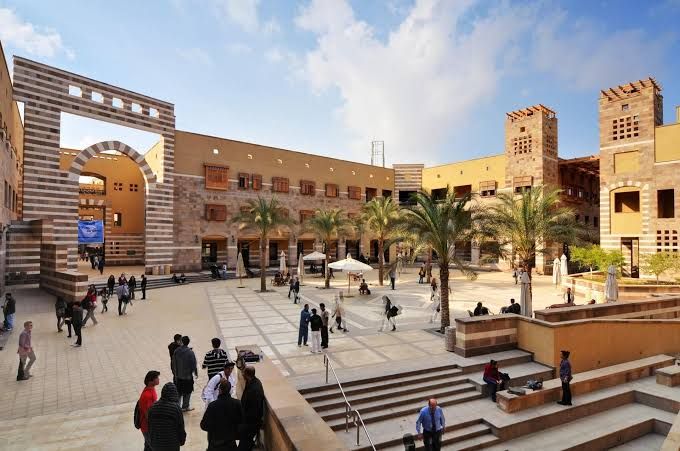
Established in 1919, the American University in Cairo (AUC) is a premier English-language institution offering U.S.-accredited liberal arts education. With campuses in New Cairo and downtown Cairo, AUC serves a diverse student body from over 60 countries. Its 36 undergraduate, 44 master’s, and two doctoral programs cover Business, Humanities, Engineering, and Global Affairs, supported by 13 cross-disciplinary research centers. AUC’s commitment to intellectual and cultural exchange makes it a cornerstone of the Arab world’s academic landscape.
The environmentally conscious New Cairo campus and historic downtown facilities provide a blend of modern and traditional learning environments. Known for its rigorous curricula and world-class faculty, AUC fosters critical thinking and global perspectives. Its accreditation by the Middle States Commission on Higher Education ensures academic credibility, attracting students seeking quality education and vibrant campus life in Africa.
7. University of KwaZulu-Natal (South Africa)
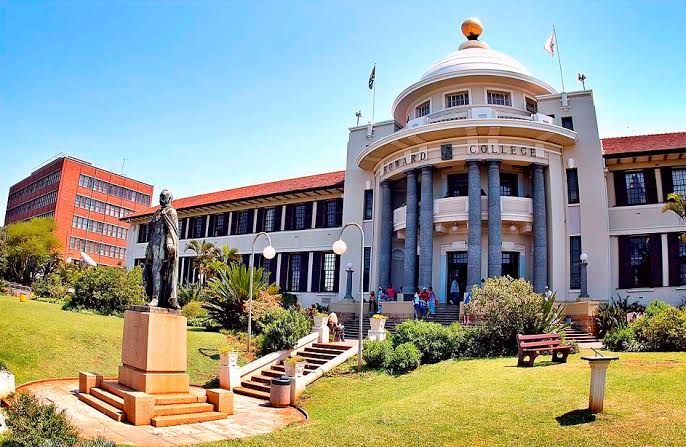
The University of KwaZulu-Natal (UKZN), formed in 2004 through a merger, is a leading public research university in South Africa’s KwaZulu-Natal province. Operating across five campuses, UKZN offers programs in Arts, Science, Engineering, Law, and Health Sciences, drawing students from diverse backgrounds. Its research excellence is evident through 11 South African Science and Technology Research Chairs and six NRF “A” Rated researchers. UKZN’s history is rooted in anti-apartheid activism, reflecting its commitment to social justice and community engagement.
Modern facilities, including student residences and research centers, enhance its vibrant academic environment. With global partnerships across 250 institutions, UKZN fosters international collaboration, making it a hub for innovation in African higher education. Its focus on addressing societal challenges through research and inclusive education positions UKZN as a top destination for students seeking impactful learning experiences.
6. Egypt-Japan University of Science and Technology (Egypt)
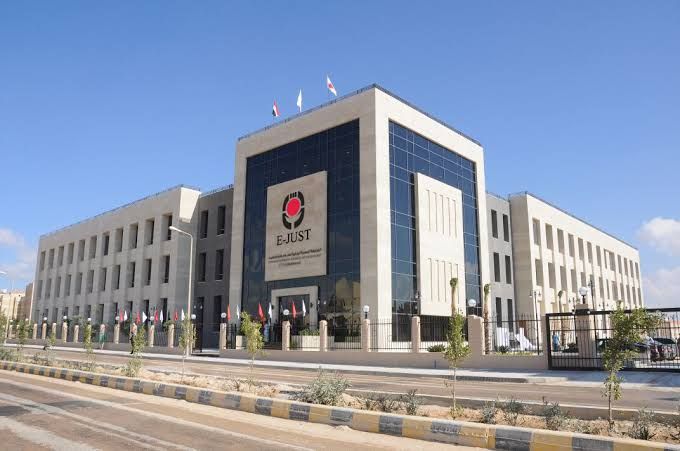
Founded in 2009 in Alexandria, the Egypt-Japan University of Science and Technology (E-JUST) is a unique research university born from a collaboration between Egypt and Japan. Supported by the Japan International Cooperation Agency, E-JUST focuses on applied research in Engineering, Science, and Information Technology. It hosts Africa’s largest supercomputer at its African Supercomputing Centre, driving advancements in technology and data science.
Programs emphasize practical applications, preparing students for global innovation. The university’s modern campus and Japanese-influenced educational standards create a distinctive learning environment. E-JUST’s commitment to technology transfer and human development positions it as a benchmark for African higher education. Its international outlook and research focus attract students aiming to tackle regional and global challenges, making it a vital institution in Egypt’s academic landscape.
5. University of Johannesburg (South Africa)

The University of Johannesburg (UJ), established in 2005 through a merger, is a dynamic public university in Johannesburg, South Africa. With four campuses—Auckland Park Kingsway, Auckland Park Bunting Road, Doornfontein, and Soweto—UJ serves over 50,000 students, including 3,000 international students from 80 countries. Its nine faculties offer programs in STEM, Humanities, and Business, with a strong emphasis on 4th Industrial Revolution technologies.
UJ’s applied research and innovation hubs foster critical thinking and industry collaboration. The university’s multicultural environment and vibrant campus life, supported by sports, arts, and cultural divisions, create a holistic educational experience. UJ’s commitment to transforming lives through education and diversifying professions makes it a leader in South African higher education, appealing to students seeking quality education and global opportunities.
4. Mohammed VI Polytechnic University (Morocco)
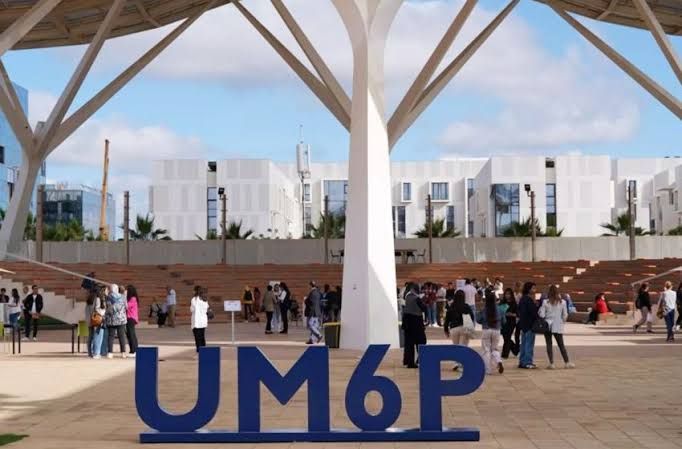
Mohammed VI Polytechnic University (UM6P), founded in 2013, is a private research university in Benguerir, Morocco, within the Mohammed VI Green City. With additional campuses in Rabat, Laâyoune, Paris, and Montreal, UM6P focuses on applied research and sustainability. Hosting Africa’s most powerful supercomputer, it leads in renewable energy, data science, and agricultural innovation.
Programs emphasize practical skills, addressing Africa’s economic and environmental challenges.
UM6P’s modern facilities and international collaborations create a dynamic learning environment, attracting students from across the continent. Its commitment to fostering innovation and human development positions UM6P as a trailblazer in African higher education, offering unique opportunities for students passionate about sustainable progress and technological advancement.
3. University of the Witwatersrand (South Africa)

The University of the Witwatersrand, or Wits, established in 1896, is a prestigious public research university in Johannesburg, South Africa. Known for its academic excellence and social justice advocacy, Wits offers programs across five faculties: Commerce, Law, Engineering, Health Sciences, and Humanities.
Its research strengths in natural and health sciences, supported by numerous NRF-rated researchers, drive impactful discoveries. With 32,500 students across multiple campuses, including the vibrant Braamfontein campus, Wits fosters a cosmopolitan environment. The Wits Donald Gordon Medical Centre trains more specialists than any other South African university, highlighting its healthcare contributions. Wits’ historic role in anti-apartheid movements and modern focus on inclusivity make it a cornerstone of African higher education, ideal for students seeking quality education and societal impact.
2. Stellenbosch University (South Africa)
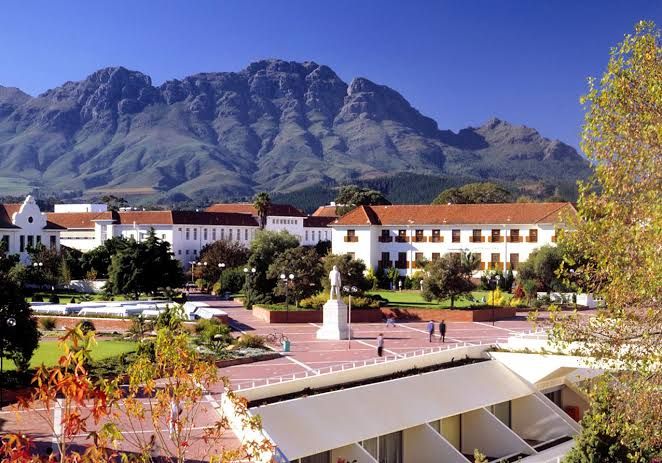
Stellenbosch University (SU), founded in 1866, is South Africa’s oldest university, located in the scenic Western Cape. With five campuses and 10 faculties, SU serves over 32,000 students, including 3,700 international students from 104 countries. Renowned for research in cosmology, biotechnology, and agriculture, particularly viticulture and oenology, SU reflects the region’s wine heritage. Its historic campus, surrounded by the
Boland Mountains, offers a picturesque learning environment.
SU’s commitment to social justice and transformation, combined with modern facilities and global partnerships, ensures academic Programs in Arts, Science, and Engineering attract students seeking innovative education in a culturally rich setting, making SU a top choice for higher education in Africa.
1. University of Cape Town (South Africa)

The University of Cape Town (UCT), established in 1829, is Africa’s top-ranked university, located at the foot of Table Mountain in Cape Town. With six faculties—Commerce, Engineering, Health Sciences, Humanities, Law, and Science—UCT serves 29,000 students from over 100 countries. Its multicultural community and stunning campus create a vibrant academic environment.
UCT’s research-intensive approach has produced five Nobel laureates, cementing its global reputation. Programs emphasize innovation, addressing challenges like climate change and healthcare. As a member of the Global University Leaders Forum, UCT fosters international collaboration. Its commitment to diversity, academic excellence, and societal impact makes it the premier destination for students seeking quality education in Africa.

